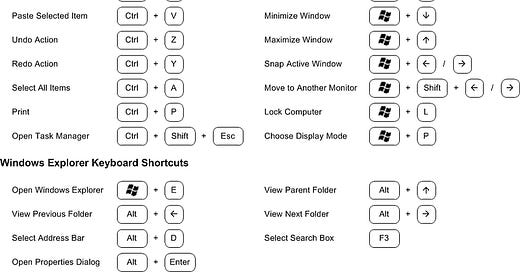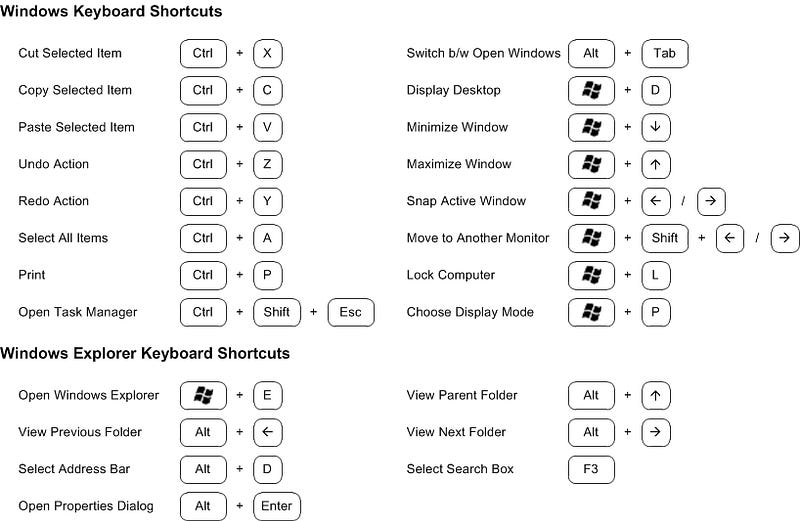Work Advice from a fellow Millennial
So you’re having a hard time at your first job. I’m sorry about that. It sucks, first jobs tend to do that. The work is kind of stupid, and…
So you’re having a hard time at your first job. I’m sorry about that. It sucks, first jobs tend to do that. The work is kind of stupid, and everyone treats you like you’re an idiot. You did well in school, and you’re nice. It feels like you should be doing something that you love, something cool, or at least something vaguely interesting.
You’re better than this. Maybe it’s time to quit.
Now I haven’t been “working” for that long. At the ripe old age of 30, I only have 3 years of solid office experience, and several more as a freelancer of various means which no employer would take seriously. But trust that I, as a fellow “Millennial,” am trying to give you the fairest suggestions I can. These are some things I wish people had told me when I just got out of college:
Don’t quit, yet.
Try and stay at your first job for at least one year, unless it’s an unpaid internship. Employers don’t like to hire people fresh out of college because it takes them a long time to train you. You probably couldn’t even operate the copier or file an expense report when you first started. How 12+ years of education failed to train you as a competent employee fresh out of the bag is adiscussion for another day, but just know that your employer took you on knowing you’re going to be pretty useless for a few months. They saw something in you, most likely a good degree, or a good attitude, that suggested potential.
Now imagine if they’re looking at your resume, which states that your previous stint was less than six months. There’s no guarantee that you’ve learned how to use a copier at this point. But now they think odds are high that you’ll dump them after they train you. You’re a flight risk.
DO NOT quit your job until you’ve found a new job.
It’s much easier to find a new job when you’ve already got one. You’re not as desperate. You can negotiate with a clear head. You’re not sitting at home all day waiting to receive an e-mail or a phone call, all the while questioning every single decision you’ve ever made in your life. I made this mistake myself and quit a job when I had nothing lined up. By the time I had gotten an offer, I was so desperate that I didn’t negotiate at all.
Don’t feel bad about 騎驢找馬 (literally, to look for a horse while you’re riding a donkey = look for a better job while working). I used to think that’s unethical, like I’m cheating on my employer. But it’s your life and your career. You have to look out for your own best interest, and act accordingly.
Keep your eyes open.
Sign up on LinkedIn. Start building your resume and start following companies you admire. Look at the job listings you find interesting, and study the job description and requirements. This practice keeps you attuned to the market. I had no idea what I could do with an English degree besides teaching and translation. Looking around will give you an idea of what kind of jobs are out there, and by looking at job descriptions in various roles, you can figure out which skills you can develop to get the jobs in the industries that you find appealing.
And while you’re still at this sucky first job…
Work hard.
Be nice. Show up on time. Ask questions. People usually like answering questions about their expertise; it makes them feel important. Your boss and your colleagues can teach you about the office. But it’s up to you to learn the skills and the tools.
Nowadays, there’s really no excuse for you to say “I don’t know how,” unless you follow that up with, “but I’m going to find out.” There are plenty of free tutorials online that cover… Well, everything. It’s the interwebs. I personally invested in a subscription to lynda.com, but there are plenty of free resources on Youtube or Coursera.
Get really good at the basics.
Get really good at basic programs like Microsoft Office. Master touch-typing, keyboard shortcuts, note-taking, time management, and basic communication skills such as effective e-mailing. Learning to do the basic things well will make your work life easier down the road.
I’m a slightly more effective employee today because I spent years making copies, filing expense reports, setting up appointments, getting coffee, and getting yelled at because I had messed up on all of the above (you see what your employer has to deal with?).
It’s OK to feel like a loser for a bit. It’s also OK to not know what you want to do right away. It’s about actively trying to look for learning opportunities every day, which will definitely make you feel a teeny bit less like a loser. And if you’re on your first job and already feeling like a rock star? You run. You run as fast as you can from that job. Do it.




